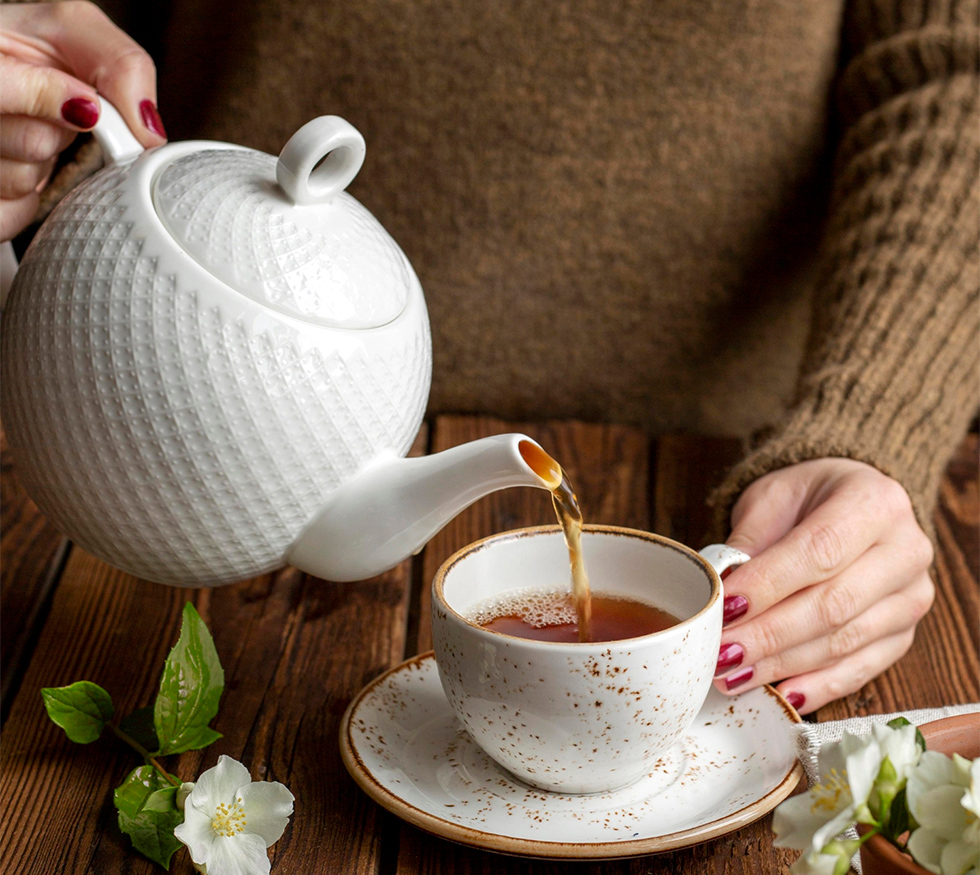Transatlantic Storm in a Teacup: American Suggests Brits Add Salt to Their Tea - U.S. Embassy Intervenes

An American chemist sparked a significant uproar by suggesting that Britons could enhance their regular cup of tea with a pinch of salt and hot milk. This caused shock, angry headlines in British media, and almost an international scandal - prompting the U.S. Embassy in London to intervene with an official statement.
In a brief embassy statement, it is noted that encouraging Brits to add salt to their tea is not part of Joe Biden's foreign policy. However, the closing remarks of the press release likely stirred even more outrage.
"The U.S. Embassy will continue to prepare tea properly — in the microwave."

Chemistry professor Michelle Frankl claims to have found the secrets to the perfect cup of tea. The original methodology proposed by the professor involved pre-heating the teapot, using a low and sturdy cup, using loose leaves instead of tea bags, adding warm milk to reduce curdling, a pinch of salt to decrease bitterness, and finally, not reusing tea leaves.
The last major escalation of tension over tea between the British and Americans occurred during the historic Boston Tea Party. Protesters, objecting to "taxation without representation," boarded East India Co. ships and tossed their valuable cargo into the waters of Boston Harbor.
Approximately 92,000 pounds of tea were destroyed by the protesters, which is worth nearly 2 million dollars today.
In response, Britain imposed military rule and other sanctions on Massachusetts, fuelling American opposition to colonial rule. Thus, the Boston Tea Party is considered a key event at the beginning of the U.S. War of Independence.
This historical event prompted some social media users to recall terrible stories of being served tea heated in the microwave. "My neighbour put a Lipton tea bag in a cup of tap water and heated it in the microwave. I'm not sure if he was trying to harm me or himself," wrote one user. In response, another referred to the Boston Tea Party, saying, "Tea would be better off thrown into Boston Harbor than in the microwave."